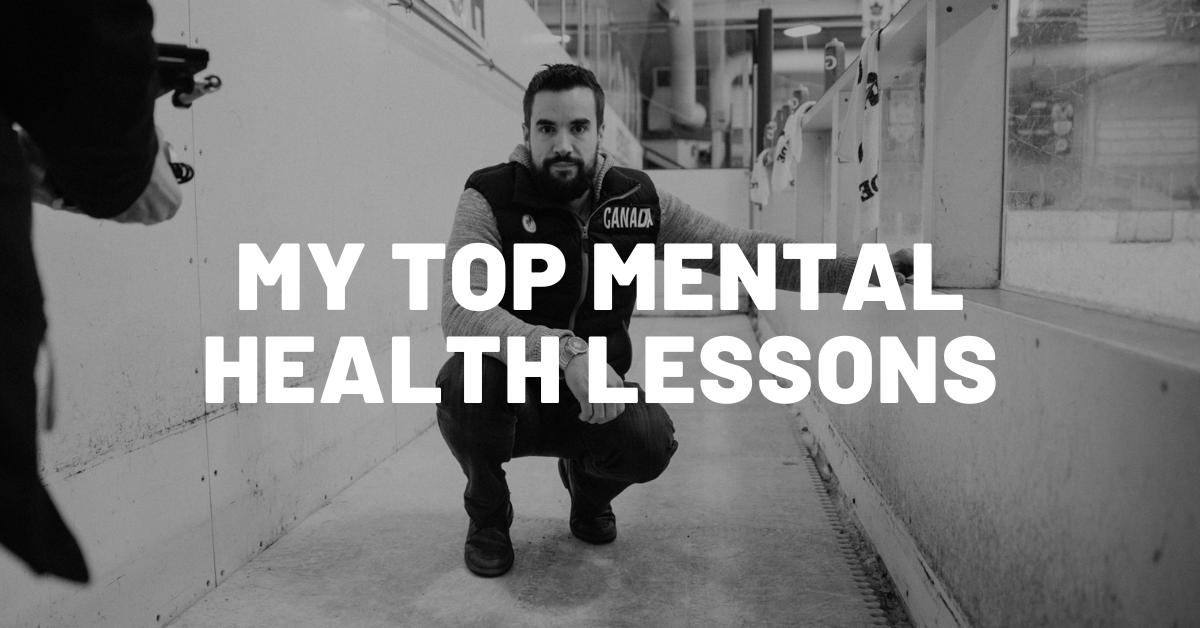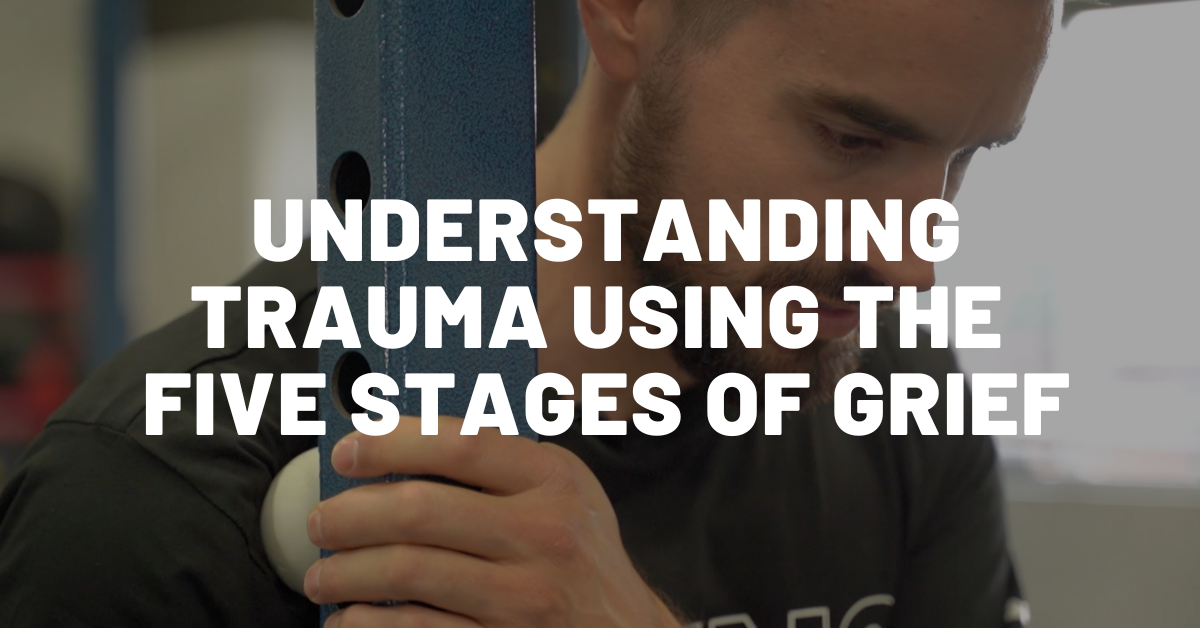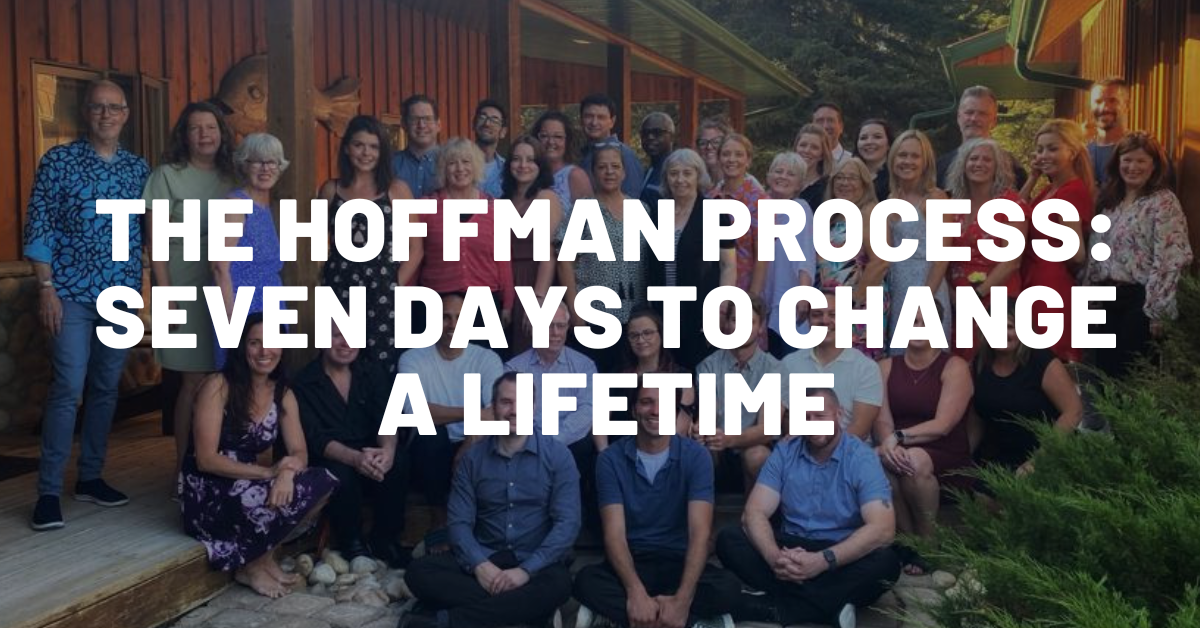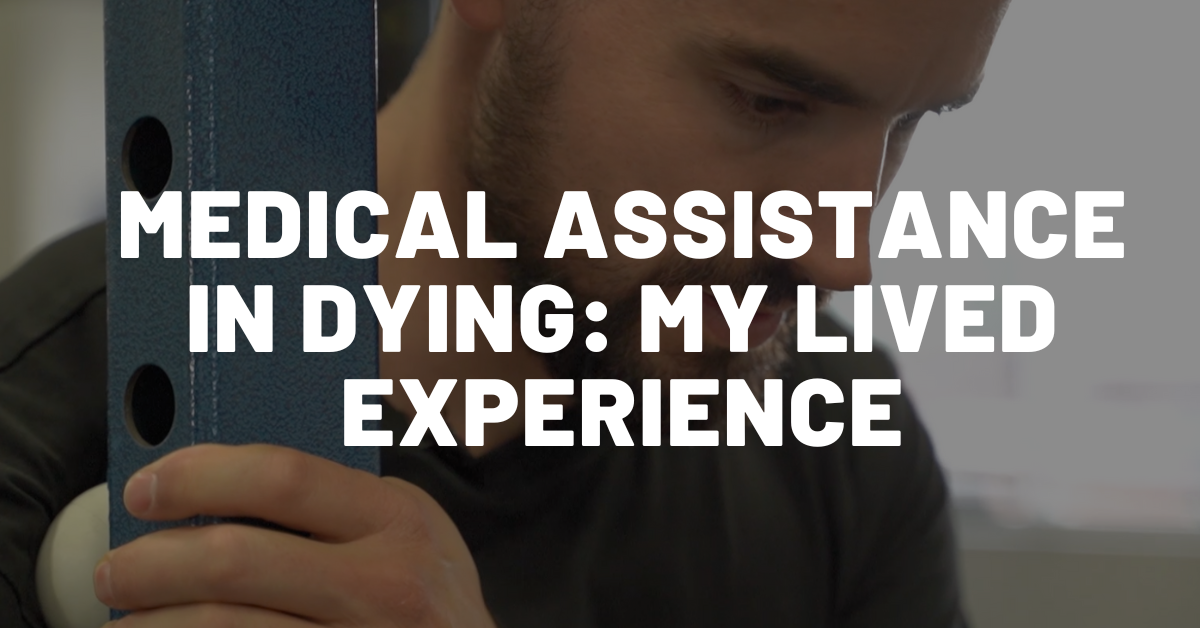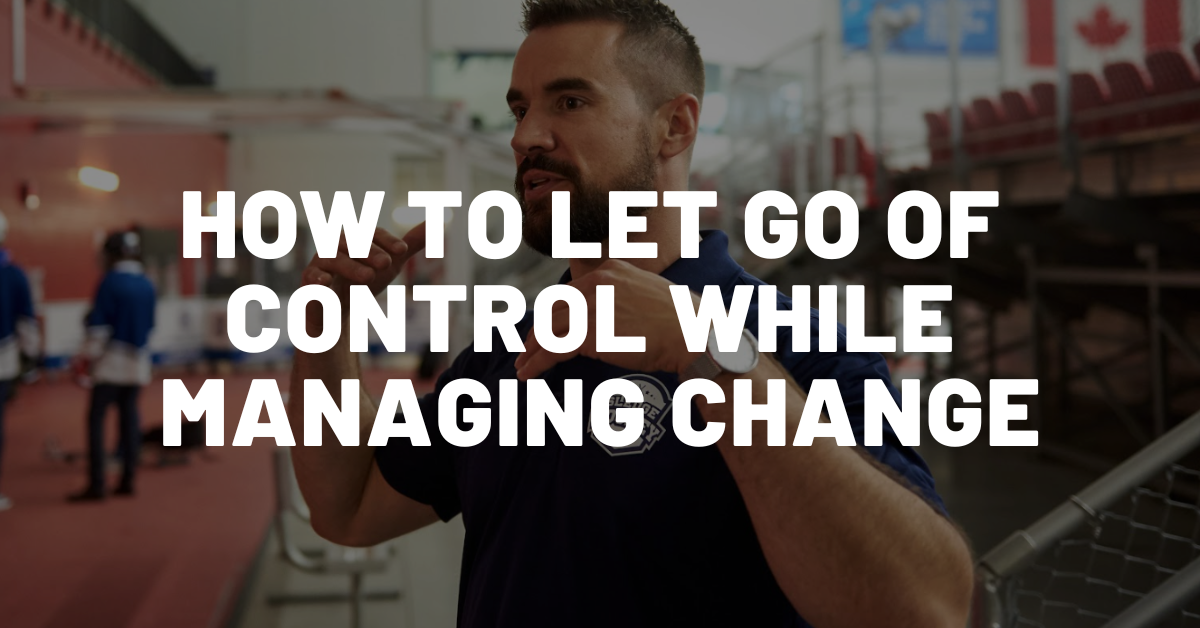Last week I read Stephen Liptrap’s article on Wellbeing Is A Marathon, Not A Sprint, and it made me think of a few additional ideas to share as so many will need to adjust their schedules and routines heading back to work, or as children head back to school.
Similar to maintaining your wellbeing, developing your mental resilience is a marathon, not a sprint. In order to consistently show up every day ready to tackle the challenges in front of you, it’s great to have a set of “tools” that you can go to for when times get tough.
Inside The Resilience Toolbox, one of my favourite tools is The Ideal Week. Most people schedule their time in detail between 9 to 5, but in The Ideal Week there is tremendous value in scheduling in the details beyond the 9 to 5.
In this video I share three quick tips in how to stay resilient this September, as well as provide you with an example of how you can create your ideal week.
The three tips are:
1) Recreate Your Ideal Week
Apply the same critical thinking to what you want your calendar to look like outside of the 9 to 5. What time do you want to wake up? What time do you want to go to bed? What time do you want to prepare meals? What time do you want to dedicate with your family and friends?
The idea isn’t that this is set in stone, but it gives you a goal to stick to so that you aren’t running wild as you try to adjust and navigate new routines and schedules.
2) Re-establish Your Boundaries
Take 10 minutes to sit down and think about what has been working so far in establishing boundaries in your household, or in your calendar? What do you say, or what do you do, that gives you permission to focus on you?
It can be as simple as a “do not disturb” sign sitting beside your computer while in a virtual meeting, or practicing the phrase “Yes, but not right now” when asked to take on more work.
3) Remember To Be Patient
When we experienced a sudden change in March, patience was much more difficult. However, this time around we had the ability to think ahead of how things will be. Remind yourself that this will take some time. The next three to four weeks will, again, bring challenges that you will wish you didn’t have to deal with and will require you to “let go” of things outside of your control.
When all else fails, remember to “just stop, and breathe…”. Take three to five deep breaths and exhale the stress that you have allowed to build up inside of you. It’s simple, and it truly works.
You already have a handful of strategies that have helped you develop your resilience to get to this point. The next step is to proactively revisit those strengths and build upon them.
Developing your mental resilience will continue throughout the rest of your life, and as you continually add another “tool” to your “toolkit”, you will have more resources, techniques, and strategies to pull from when challenges arise.
—
Enjoyed this article? Here are three others to help you succeed:
Life Doesn’t Give You What You Want, Life Gives You What You Need
What To Do When Nothing Is Going Right
—
Download your FREE copy of my autobiography, Still Standing: When You Have Every Reason to Give Up, Keep Going here.



